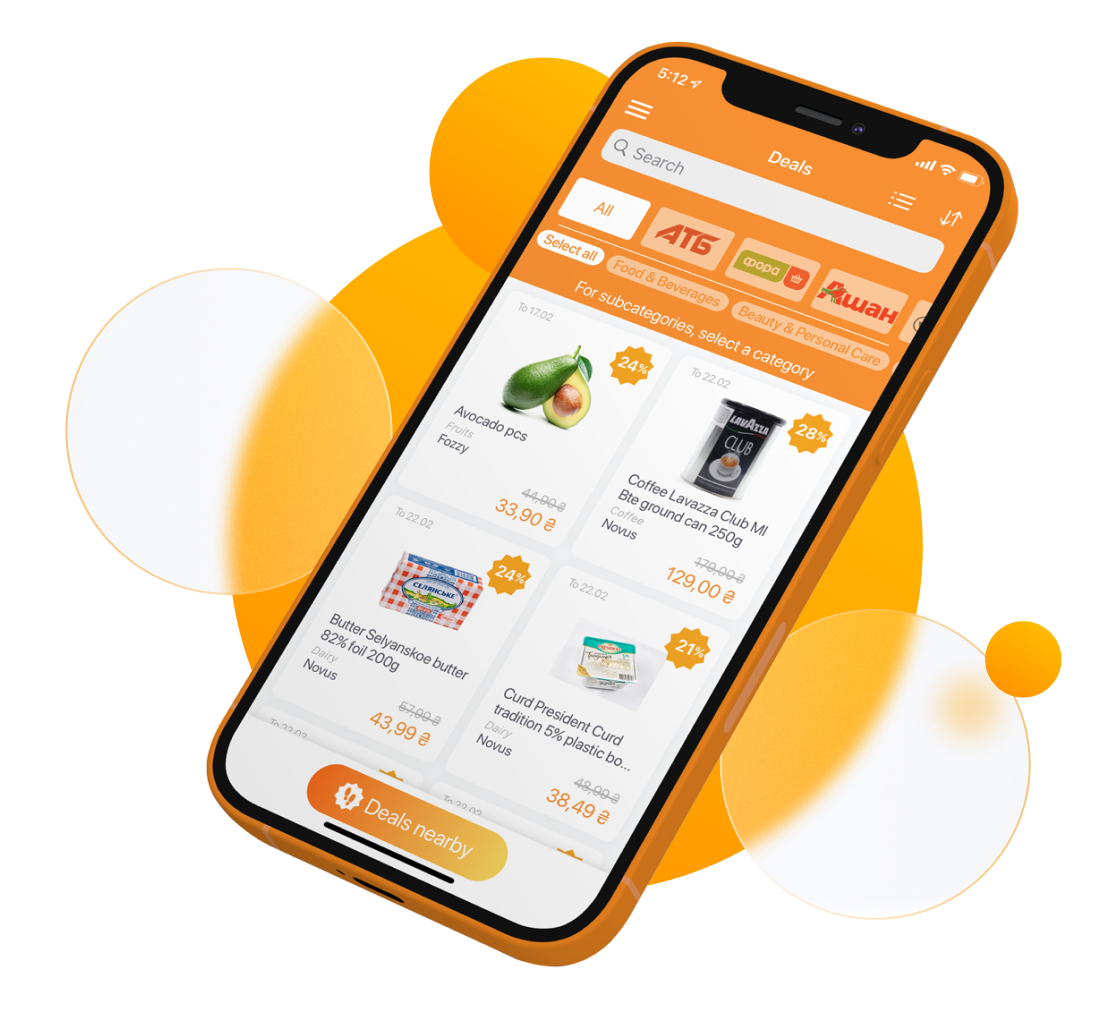Read:
Sales
Food
Care products, cosmetics and perfumes
Clothes, footwear, accessories
Women's clothes
Men's clothes
Children's clothes
Appliances
Construction and repair
Household
Baby products
Pet supplies
Pharmacy
Furniture, interior
Office and school
Holidays
Country house, garden
Instruments
Heating, water heating
Plumbing
Auto goods
Hobbies, leisure, tourism and and sports
Books, journals
Conditioning
Electrical goods
Packaging
Ready meals, restaurant, cafe
Drinks
Tobacco products
Toys
Alcohol
Computer hardware
Video, audio, photo, optics
Telephony and communication
Men's footwear
Women's shoes
Products for adults 18+
Religious paraphernalia
Kitchen
Documents
Jewelry
Musical instruments
Washing
Kitchens of the world
Events
Baby food
School
Cleaning
Dishes
Choose the category
Install Costless
УКРENGРУС
₴
Choose your city
Choose from quick templates
or enter the name of your city
For example, Kyiv
Sales
Food
Care products, cosmetics and perfumes
Clothes, footwear, accessories
Women's clothes
Men's clothes
Children's clothes
Appliances
Construction and repair
Household
Baby products
Pet supplies
Pharmacy
Furniture, interior
Office and school
Holidays
Country house, garden
Instruments
Heating, water heating
Plumbing
Auto goods
Hobbies, leisure, tourism and and sports
Books, journals
Conditioning
Electrical goods
Packaging
Ready meals, restaurant, cafe
Drinks
Tobacco products
Toys
Alcohol
Computer hardware
Video, audio, photo, optics
Telephony and communication
Men's footwear
Women's shoes
Products for adults 18+
Religious paraphernalia
Kitchen
Documents
Jewelry
Musical instruments
Washing
Kitchens of the world
Events
Baby food
School
Cleaning
Dishes
Choose the category
Best brands
Choose your city
Choose from quick templates
or enter the name of your city
For example, Kyiv
ENG
ENG
УКР
ENG
РУС
Install Costless
My lists
Download and start saving with Costless
To download Costless, scan this QR code with your smartphone camera.

Related articles
Quick links
Additional information
Customer service
Costless for business
Subscribe for the newsletter
Thanks!
Successfully subscribed to the news.
Write to Costless team
Your request sent.
We will contact you soon
